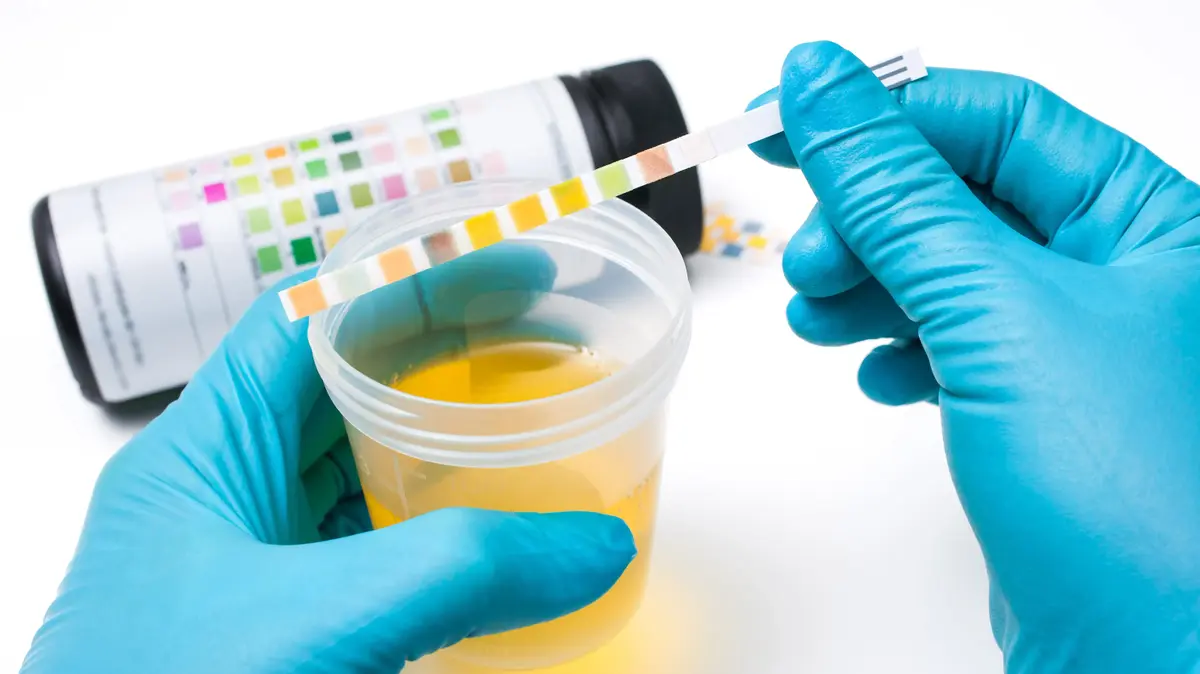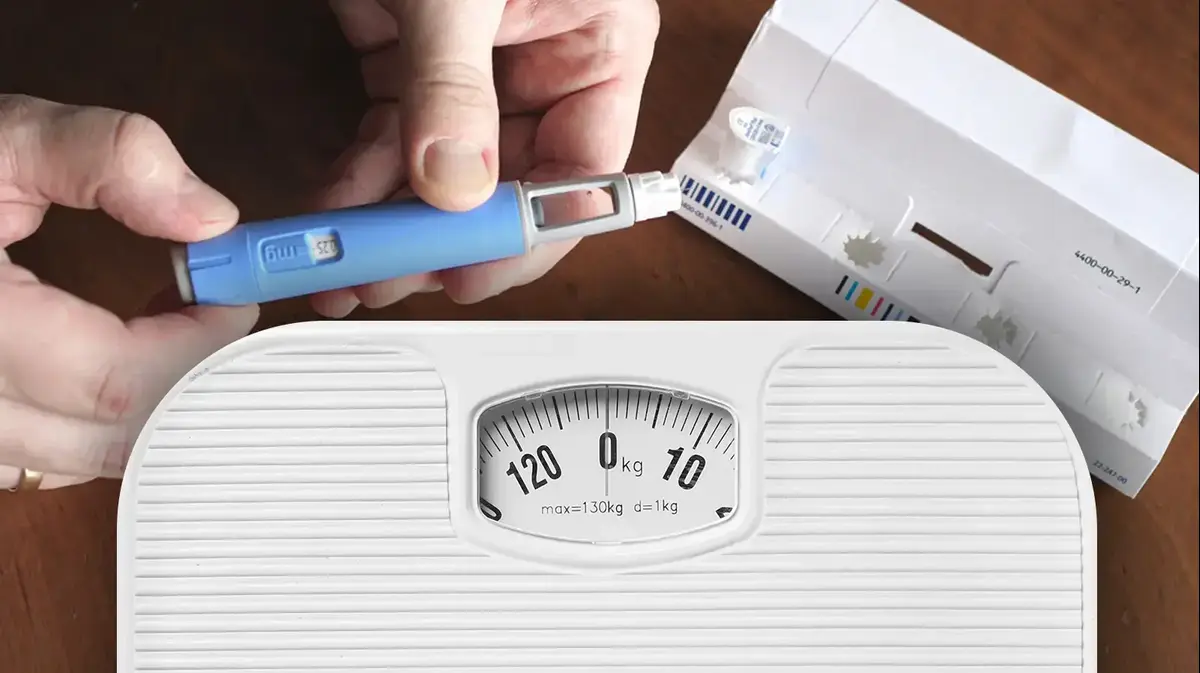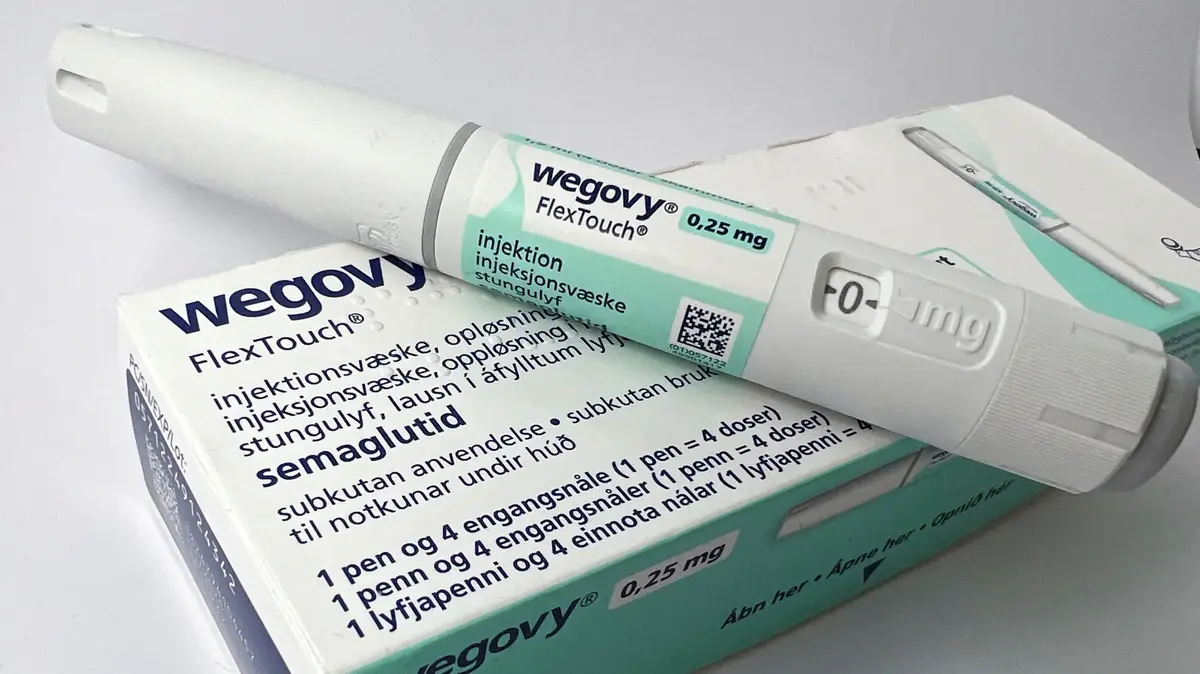health
news
For the first time in the world: a drug developed in Israel has not been tested on animals
A team of researchers from Israel has for the first time created a drug that is not based on an animal experiment and it will be submitted to FDA approval.
This breakthrough may save a lot of money and time, but perhaps most of all it will save the lives of hundreds of millions of lab animals around the world.
Tags
Experiments on animals
Walla!
health
Tuesday, 23 March 2021, 06:59 Updated: 07:52
Share on Facebook
Share on WhatsApp
Share on general
Share on general
Share on Twitter
Share on Email
0 comments
Prof. Ash presented the outline for Passover: "No more expected ...
Yoga Instructor Introduces - So Anyone Can Touch Their Fingers ...
Senior British scientist: The variant could harm the vaccines ...
China: Beijing begins vaccinating against corona adults over ...
Elrai Price: Fear of introducing additional variants, especially ...
Abdominal Exercises
Pfizer CEO: Teens under 16 can get vaccinated ...
A woman stands in front of a toilet with toilet paper in hand
Jenny Chervani Danone Lite & Free
Prof. Yaakov Nachmias, an Israeli researcher from the Hebrew University, located an existing drug that neutralizes the corona virus (Photo: Prof. Yaakov Nachmias)
When it comes to drugs, animal testing is part of the protocol even though it is a horrible practice.
Life-saving drugs continue to evolve every year, but in order to reach the market they are subject to rigorous safety tests to ensure that they do not pose a safety risk to humans.
The way today to do this is by testing them in animal models - whether it be mice, rabbits or monkeys.
Now, Israeli research is proposing a new approach that could change the evil of destiny for hundreds of millions of lab animals.
During the study, published in the journal Science Translational Medicine, led by Prof. Yaakov Nachmias, head of the Center for Bioengineering at the Hebrew University, the researchers developed a chip-based kidney system that contains tiny sensors that report the direct effect of drugs on human tissue.
The technology has enabled the team to develop a new drug to prevent kidney damage in chemotherapy treatments on human tissues.
But she did not do just that, and for the first time she made it possible to eliminate the use of laboratory animals for experimental purposes.
More on Walla!
Why are laboratory experiments in mice ineffective?
An Israeli researcher has the answer
To the full article
Developing drugs and bringing them to the drug market is a long process, full of obstacles and expensive.
On average, the development of
a single drug costs the pharmaceutical industry about $ 2.6 billion and takes about 12 years to bring to market.
One of the major problems in the field, is the inability to observe drug behavior in humans from experiments in mice and rats.
Laboratory animals have genetics and physiology different from humans and therefore drugs that are effective in mice repeatedly fail in clinical trials.
The road to drug development passes through the suffering of helpless animals.
Lab Mouse (Photo: ShutterStock)
More on Walla!
The animal that will help study tissue regeneration in humans
Not sex with a monkey: How did AIDS really reach humans?
Cartilage wears out and knees hurt?
Get to know the treatment that will put you on your feet
Chip organ technology was born 30 years ago to replace animal experiments in human tissues.
However, although such systems are already on the market, it has not yet been proven that they can significantly shorten the path to drug development.
Prof. Nachmias' breakthrough was a combination of tiny sensors embedded in human tissue that make it possible to measure in real time the rate of metabolism in tissues such as liver, kidneys and heart.
The accurate measurements enabled the staff of the Hebrew University to obtain reliable information in real time about the mechanism of action of various drugs and chemicals in the kidneys.
Using the new technology, Prof. Nachmias and doctoral student Aharon Cohen have discovered a new mechanism for the toxicity of one of the common drugs in chemotherapy - cisplatin, which causes kidney damage in more than 30 percent of its patients.
"Our system has shown that cisplatin interferes with the passage of sugar in the kidneys and therefore causes fat accumulation and damage. A quick scan showed that empagliflozin (a drug that prevents the absorption of sugar in the kidneys prevents the damage and makes chemotherapy safer," said Prof. Nahmias.
Breakthrough technology.
Prof. Nachmias and doctoral student Aharon Cohen (Photo: The Hebrew University)
Cisplatin, a platinum-based drug, has been used for over 40 years and is still considered one of the most commonly used drugs in chemotherapy, for patients with ovarian, stomach, lung, head or neck cancer, bladder and testicular cancer.
The kidney damage caused by the use of cisplatin limits its use to only a few days in any chemotherapy treatment.
The retrospective clinical study of 247 patients at home in Hadassah Hospital confirmed the results of the study and showed that almost no kidney damage was measured in cancer patients who took the drug combination.
This is the first time that researchers are using chip-on-chip technology to develop a drug from the initial stage to a clinical trial without the use of laboratory animals.
"This groundbreaking technology can not only shorten the time it takes essential drugs to reach the shelf, but also eliminate a large proportion of laboratory animal experiments, which will save money, time and a great deal of suffering," said Prof. Nachmias.
Share on Facebook
Share on WhatsApp
Share on general
Share on general
Share on Twitter
Share on Email
0 comments















